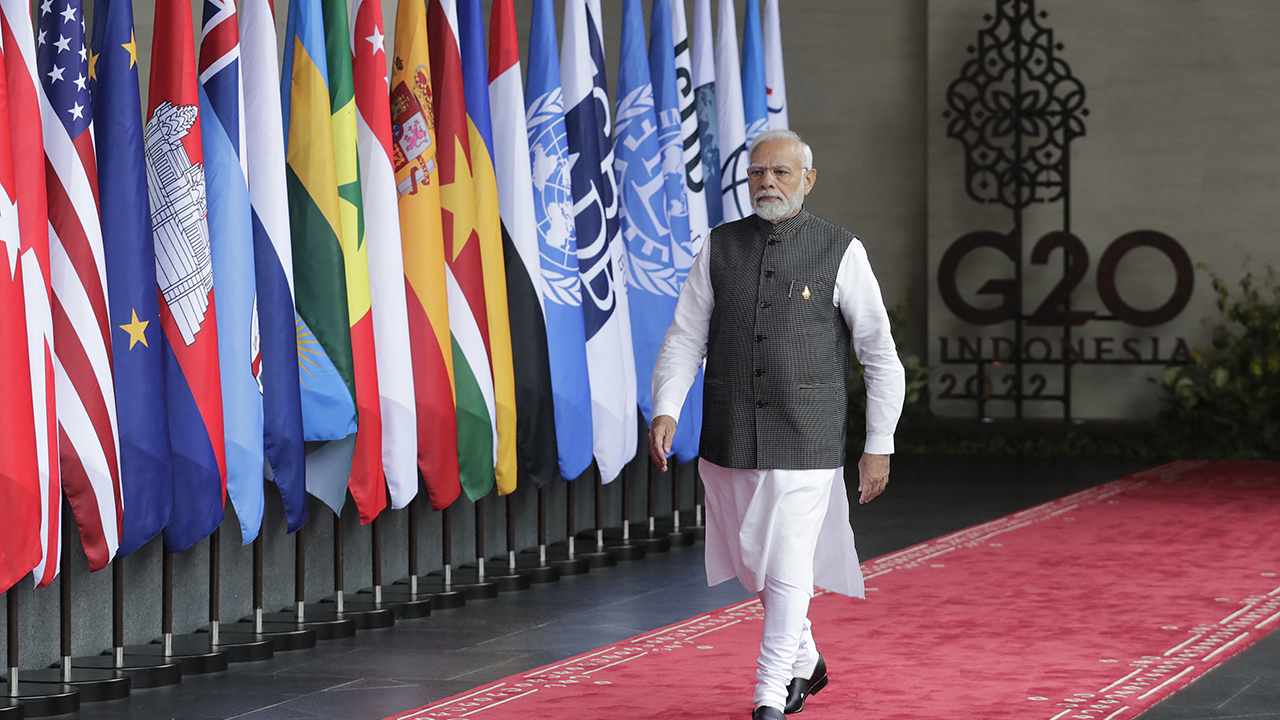NSA revelations strain U.S. relations with a friendly Brazil
Leaks by former NSA employee Edward Snowden are having far reaching effects on U.S. diplomacy, this time damaging relations with one of America’s most important partners in Latin America.
Leaks by former NSA employee Edward Snowden are having far reaching effects on U.S. diplomacy, this time damaging relations with one of America’s most important partners in Latin America.
Survey Report As the United Nations opens its 68th General Assembly session, publics around the world continue to have a positive impression of the international organization. Clear majorities in 22 of the 39 countries surveyed say they have a favorable view of the UN, including thumbs-up from Security Council permanent members Britain, France and the […]
Overview As U.S. and Russian diplomats reached an agreement over the weekend to dismantle Syria’s chemical weapons stockpiles, the public expresses support for a diplomatic approach to the crisis but is skeptical about its effectiveness. By a 67% to 23% margin, the public approves of Barack Obama’s decision to delay military airstrikes and pursue a […]
Overview In Tunisia, the euphoric Arab Spring has descended into a summer of discontent. Two years after launching the Arab Spring, setting in motion changes that have convulsed the Middle East and North Africa, worsening national conditions have soured Tunisians’ views of both their political leadership and many national institutions associated with the country’s democratic […]
Survey Report More than two years after the death of Osama bin Laden, concern about Islamic extremism remains widespread among Muslims from South Asia to the Middle East to sub-Saharan Africa. Across 11 Muslim publics surveyed by the Pew Research Center, a median of 67% say they are somewhat or very concerned about Islamic extremism. […]
Overview Over just the past week, the share of Americans who oppose U.S. airstrikes in Syria has surged 15 points, from 48% to 63%, as many who were undecided about the issue have turned against military action. By contrast, the share of Americans who support airstrikes remains virtually unchanged: Just 28% favor U.S. military airstrikes […]
Americans generally are less willing to support foreign policies on moral or humanitarian grounds than when they are cast as directly benefiting the United States or its allies.
In his bilateral discussions with other world leaders at the G-20 Summit, President Barack Obama will be pressing for their support for his proposed military action against Syria’s chemical weapons capability. But his challenge may be less with heads of state than it is with their populations, including his own.
The number of Syrians who have left the country over the past two years. About half are under 18.
Across 12 countries, a median of 40% of adults say they have no confidence in Indian Prime Minister Narendra Modi to do the right thing regarding world affairs. About eight-in-ten Indians have a favorable view of Modi.
Majorities in most countries say China does not take into account the interests of other countries in its foreign policy, and China does not contribute to global peace and stability.
Across 24 countries, large shares have an unfavorable view of Russia and no confidence in Putin to do the right thing regarding world affairs.
Overwhelmingly, people believe the U.S. interferes in the affairs of other countries, but most also believe the U.S. contributes to peace and stability around the world. U.S. President Joe Biden receives mostly positive reviews.






